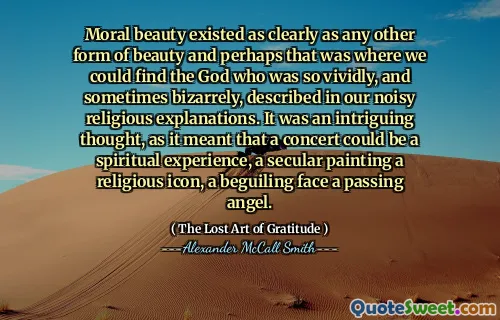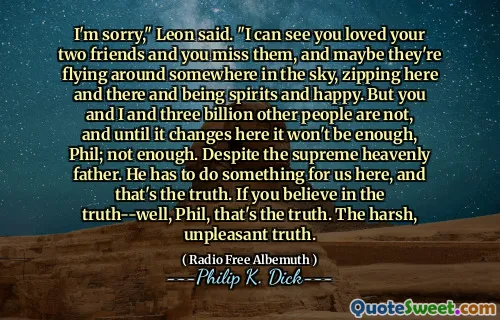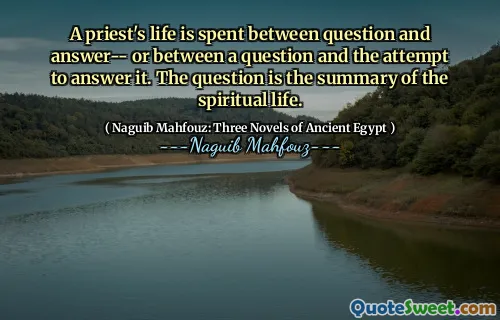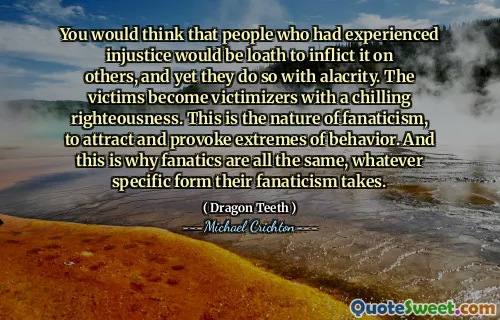The mind cannot fall asleep as long as it watches itself. Only when the mind moves unwatched and becomes absorbed in images that tug it as it were to one side does self-consciousness dissolve and sleep with its healing, brilliantly detailed fictions pour in upon the jittery spirit. Falling asleep is a study in trust. Likewise, religion tries to put as ease with the world. Being human cannot be borne alone. We need other presences. We need soft night noises-a mother speaking downstairs. We need the little clicks and sighs of a sustaining otherness. We need the gods.
In John Updike's "Self-Consciousness," he explores the complex relationship between the mind and the process of falling asleep. He suggests that true rest comes when the mind, unobserved, becomes immersed in calming imagery, allowing self-awareness to fade. This transition into sleep is described as a journey of trust, where the tumultuous thoughts give way to soothing narratives that can mend a restless spirit.
Additionally, Updike connects this experience to the broader human condition, emphasizing our innate need for connection and reassurance. He reflects on how religion serves to comfort individuals in their quest for solace. The presence of familiar sounds and comforting entities, such as a mother's voice, highlights our dependency on others for emotional stability, reinforcing the idea that humans are not meant to navigate existence alone.






